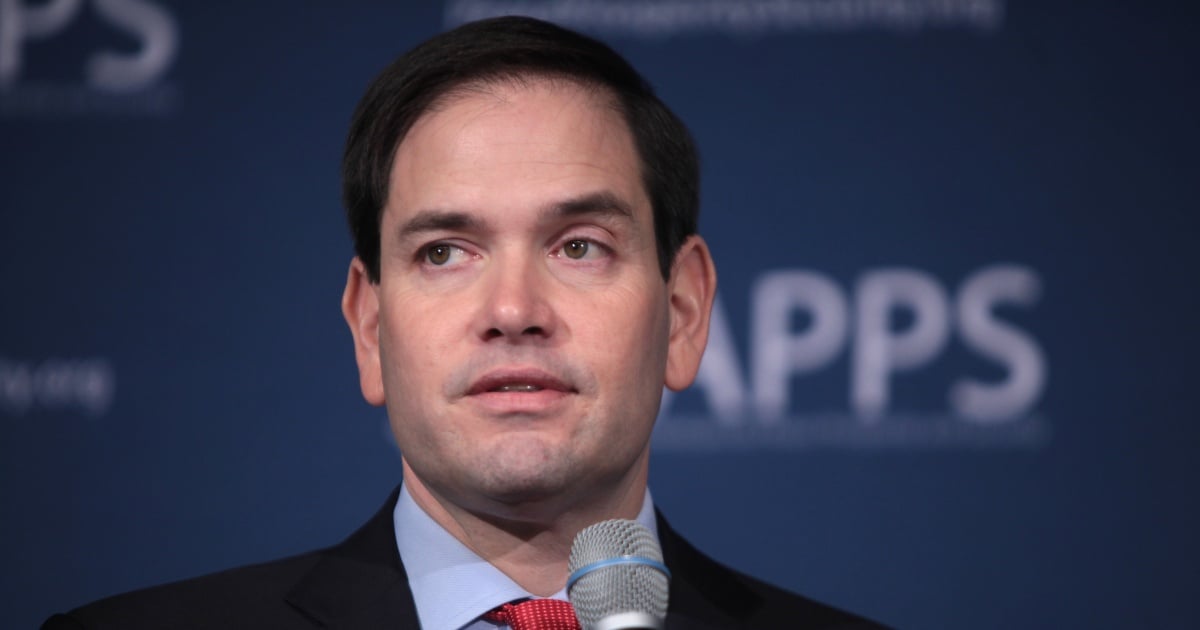
Cuban-American Senator Marco Rubio said in Washington that it will be impossible to deport more than 300,000 Cubans who are in the United States under the immigration status of the I-220A document.
"It is impossible to deport more than 300,000 Cubans with I-220A, simply because there is no place where they can be received, and if you do, they will return," Rubio stated in an interview with Telemundo 51.
The senator held the island's regime responsible for the migration crisis, describing the situation as "chaotic." He claims that repression, poverty, lack of freedom, and precariousness have forced thousands of young Cubans to leave the country in search of better opportunities.
Rubio also emphasized that the immigration situation in the United States would be resolved if there were no authoritarian regimes in Cuba, Venezuela, and Nicaragua.
"If there were not a criminal group in control of Venezuela and the Castro regime that has expelled all the young people, the migration problem in this country would be reduced by 60%," expressed the senator from Florida.
The I-220A document places many Cubans in a legal limbo in the United States. It is a conditional release order issued by authorities after detaining these migrants at the border. It is a status that does not allow for applying for residency, nor for seeking relief under the Cuban Adjustment Act or humanitarian parole.
This topic has gained more relevance following recent statements from former President Donald Trump, who promised that if he wins the 2024 presidential election, he will eliminate the humanitarian parole program established by the Joe Biden administration in January 2023.
Rubio is a Republican and very close to Trump, but he highlighted the impracticality of deporting hundreds of thousands of Cubans to a nation that cannot receive them.
The situation remains uncertain for Cubans with I-220A, as the immigration debate intensifies in the context of the upcoming U.S. presidential elections.
Among the Cubans residing in the United States, having an I-220A case has become a symbol of waiting and vulnerability. Former announcer Alejandro Quintana recalled that they are immigrants seeking to contribute and thrive despite the barriers and social stigma they face.
In August, Cuban-American Congresswoman María Elvira Salazar sent an encouraging message to Cuban migrants with I-220A, reiterating her commitment to help them obtain residency through the Cuban Adjustment Act.
What do you think?
COMMENTFiled under: